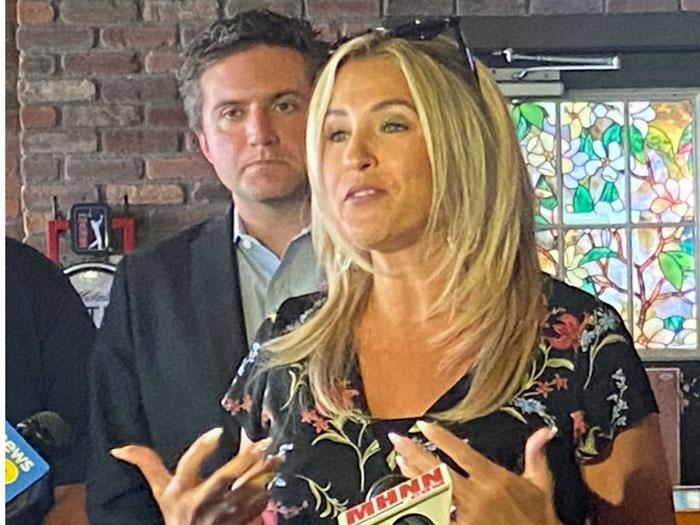
MONROE – A bill sponsored by Senator James Skoufis that would provide training for bartenders to recognize and act on suspected evidence of human trafficking has passed the Senate and Assembly and has now been sent to Governor Hochul’s desk for her signature.
Skoufis described the potentially lifesaving measures and how this bill could make a significant step toward New York no longer being ranked the fourth trafficking state in the nation.
In the past, most bar owners have offered guidelines for their employees to make sure a customer is of legal age to purchase liquor. But Skoufis highlighted a few of the ways they can also recognize a likely victim of trafficking.
This bill would require State Liquor Authority training to include specific curricula for both trafficking awareness and guidance of what to do if it is suspected.
Kellyann Kostyal-Larrier, executive director of the organization “Fearless!” called the legislation critical.
“This is really a no-brainer in so many ways and one additional way that we can raise awareness and we can get education tools and the ability to identify possible red flags in our community as well seeing something, saying something,” she said.
Some of the red flags that an incident is in progress may include seeing a woman with a tattoo that says “property of,” a person with the customer being the one who presents the identity proof, or while a person does not seem to be a partner they are apparently monitoring the person’s speech and actions.
Governor Hochul has until the end of the week to sign the bill.
Orange County Tavern and Restaurant Association President and tavern owner Tommy O’Toole said, “Speaking as a tavern owner, safety is paramount. This is another step we can take collectively to keep our patrons safe.”
“So much of what happens in the shadowy world of human trafficking is able to continue because those in proximity to it don’t have the tools to adequately identify and report these abuses,” Skoufis said. “My legislation will empower bar employees all over the state to spot and stop this inhumane exploitation, most frequently committed against vulnerable young women and girls.”








